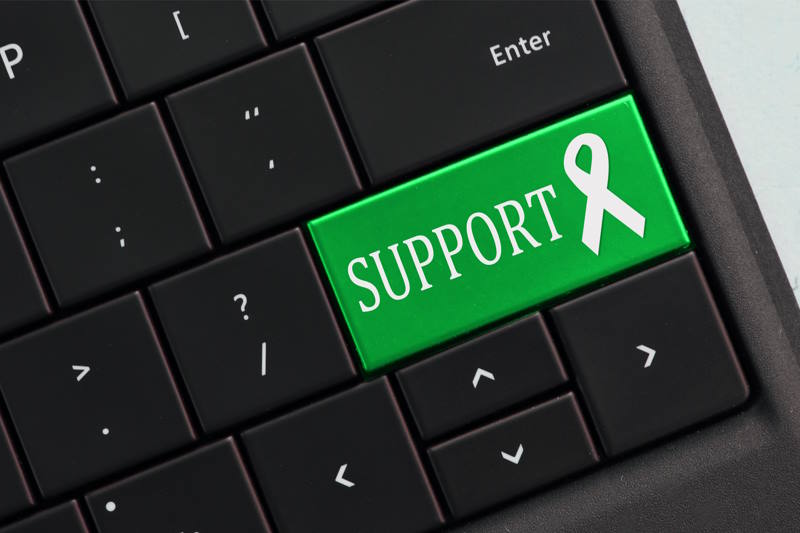As the month of stress awareness draws to a close, it is vital for you and your company to continue practising the skills and techniques learned during this period. Promoting well-being activities in line with monthly initiatives is a fantastic way to get your staff involved but the practice often fails to continue beyond that particular month. It is integral to not only talk about stress management skills but also to put them into action.

Practising good stress management skills is vital in maintaining good mental health and productivity. It is essential to continue incorporating these skills throughout the year to ensure that employees remain productive and healthy. Making small changes and helping your company shift its values towards a more positive and supportive work environment will significantly impact your staff's overall well-being.
By prioritising employee well-being and making it an ongoing commitment, companies can create a culture of support and positivity that benefits everyone. This can include regular check-ins, employee-led wellness initiatives and access to occupational health services. It is essential to remember that everyone experiences stress and it is okay to seek help when needed.
By offering occupational health services, employees can seek early intervention when they notice signs of stress. This can include counselling, stress management training and health assessments to identify underlying health issues that may contribute to stress.
When an employee is absent due to stress-related illness, returning to work can be a stressful and challenging process. Occupational health benefits can provide support during this time, including phased returns to work, counselling and access to workplace adjustments.
Occupational health benefits can promote good health and well-being in the workplace. This can include programs to support healthy eating, exercise and mental health. By creating a healthy workplace culture, employees can feel supported and more able to manage stress.
Occupational health services can help identify potential causes of workplace stress and implement strategies to reduce or eliminate them. This can include ergonomic assessments, work environment assessments and supporting managers and employees.